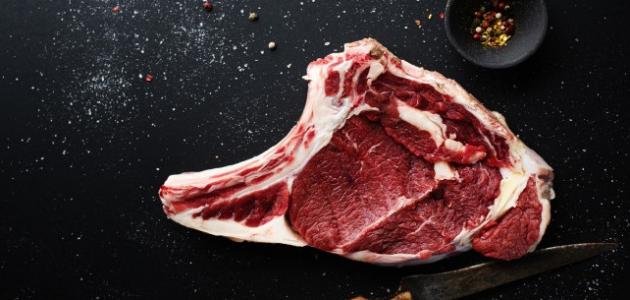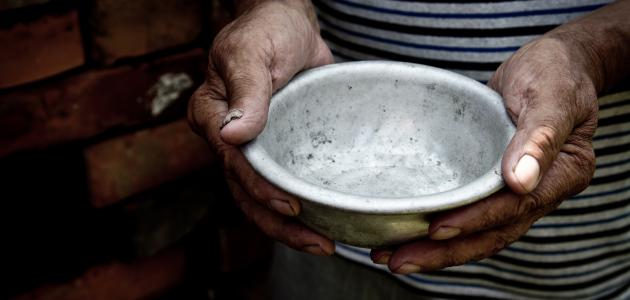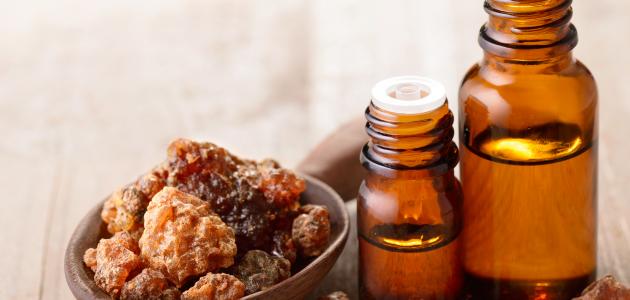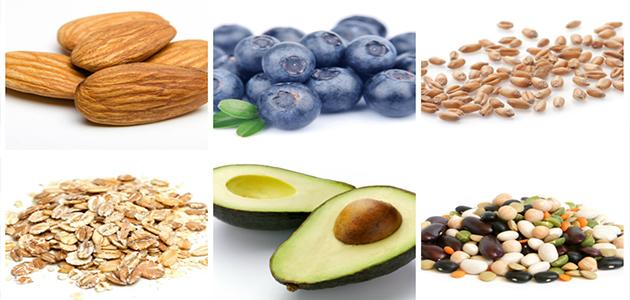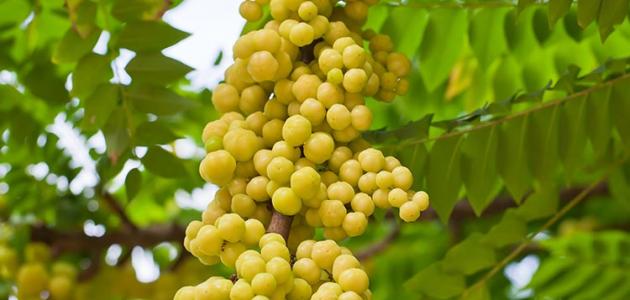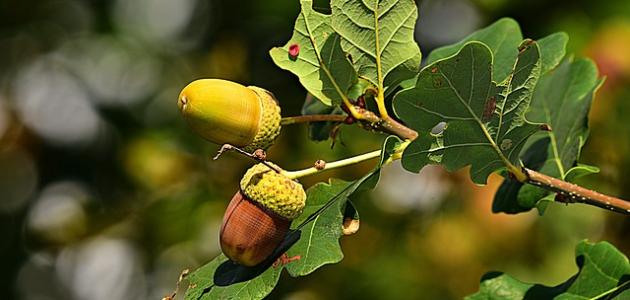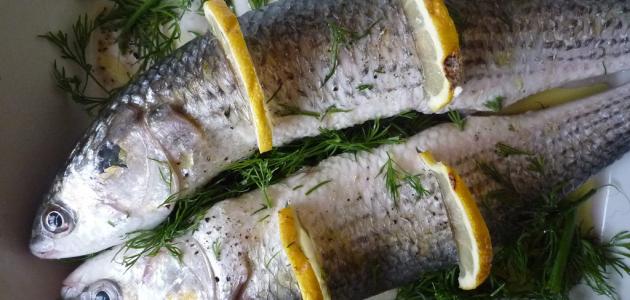Contents
horsemeat
Red meat gets its name because it appears dark red when it is raw, because it contains a large amount of myoglobin, which is one of the iron-rich proteins that contribute to storing oxygen in animal muscles, and red meat usually comes from mammals; Like cattle, sheep, calf, goats, and deer, [1] in addition to horse meat, [2] as horse meat is a substitute for beef in some countries such as Kazakhstan and Kyrgyzstan, and it is also commonly eaten in many countries such as Denmark, Belgium, and the Netherlands. And Germany, [3] and horse meat is distinguished by its dark color; However, it may change to brown or bluish black when exposed to air. [4]
The nutritional value of horse meat
The following table explains the most important nutrients in 100 grams of roast horse meat: [5]
| The food component | Nutritional value |
|---|---|
| water | 63.98 ml |
| Calories | 175 calories |
| Protein | 28.14 grams |
| Carbohydrates | 0 |
| Fats | 6.05 grams |
| Saturated fat | 1.9 g |
| Monounsaturated fats | 2.12 g |
| Polyunsaturated fats | 0.85 g |
| Calcium | 8 milligrams |
| Iron | 5.03 milligrams |
| magnesium | 25 milligrams |
| Phosphorous | 247 milligrams |
| Potassium | 379 milligrams |
| Sodium | 55 milligrams |
| Zinc | 3.82 milligrams |
| Copper | 0.171 milligrams |
| Manganese | 0.022 milligram |
| Selenium | 13.5 micrograms |
| vitamin C | 2 milligrams |
| Vitamin B1 | 0.1 milligram |
| Vitamin B2 | 0.12 milligram |
| Vitamin B3 | 4.84 milligrams |
| Vitamin B6 | 0.33 milligrams |
| Vitamin B12 | 3.16 micrograms |
| Cholesterol | 68 milligrams |
Horse meat benefits
Eating horse meat is not common in most countries. However, it has some properties that make it a nutritious meat, [6] and we mention some of these nutritional properties as follows:
- Its high protein content: horse meat is distinguished by its high content of high-quality protein, because it contains adequate amounts of essential amino acids , as the amino acid lysine is the most abundant in horse meat, followed by leucine Arginine and arginine. [4]
- Its fatty acid content: horse meat is distinguished from other types of red meat in that it contains a relatively small amount of fat, in addition to its high content of unsaturated fatty acids such as alpha-linolenic acid . Palmitolic acid in it is higher than that found in beef when compared to beef. [7] [4]
- Mineral content: horse meat is a rich source of minerals such as phosphorous, zinc , copper, and iron. It contains more iron than beef, lamb, or chicken, and its mineral content may vary according to the age of the horse, its nutrition, its motor activity, the type of muscle, and other factors, [7] [4]
Horse meat damage
Horse meat safety degree
There are no health risks to eating horse meat, and there have been no reported cases of disease resulting from eating its products. [8]
Precautions for using horse meat
There is no information about the prohibitions related to eating horse meat, but in general it is recommended when eating meat to choose lean or low-fat meat, and processed meat is a high source of sodium and saturated fats, which it is advised to reduce eating. [9]
References
- ↑ Franziska Spritzler (23-3-2020), "Guide to red meat - is it healthy?" , Www.dietdoctor.com , Retrieved 20-5-2020. Edited.
- ↑ “IARC Monographs evaluate consumption of red meat and processed meat” , www.iarc.fr , 26-10-2015, Retrieved 5-20-2020. Edited.
- ↑ Mayur Pawshe, Chandraprakash Khedkar, Anjali Pundkar And Others (2016), "Horse Meat" , Encyclopedia of Food and Health , Page 353-356. Edited.
- ^ A b T w , José , Lorenzo, the María Sarriés, Alessandra is Tateo And Others (2014), "Characteristics Carcass, Meat Quality And Nutritional of value Of Horsemeat: A Review" , of Meat Science , Issue 4, the Folder 96, 1478-1488 . Page. Edited.
- ↑ "Game meat, horse, cooked, roasted" , www.fdc.nal.usda.gov , 4-1-2019, Retrieved 20-5-2020. Edited.
- ↑ Xabier Belaunzaran, Rui Bessa, Paz Lavín And Others (10-2015), “Horse-meat for human consumption - Current research and future opportunities” , Meat science , Folder 108, Page 74-81. Edited.
- ^ A b Chong- the Eon Lee, Pil-Nam to Seong, Woon-Young Post Oh And Others (2007), "Nutritional Characteristics Of Horsemeat In Comparison With Those Of Beef And Pork" , Nutrition Research And Practice , Issue 1, the Folder 1, . Page 70-73. Edited.
- ↑ Amy Lunday (20-2-2013), "Johns Hopkins expert discusses horse meat in food supply" , www.hub.jhu.edu , Retrieved 5-20-2020. Edited.
- ↑ "Key Elements of Healthy Eating Patterns" , www.health.gov , Retrieved 20-5-2020. Edited.
